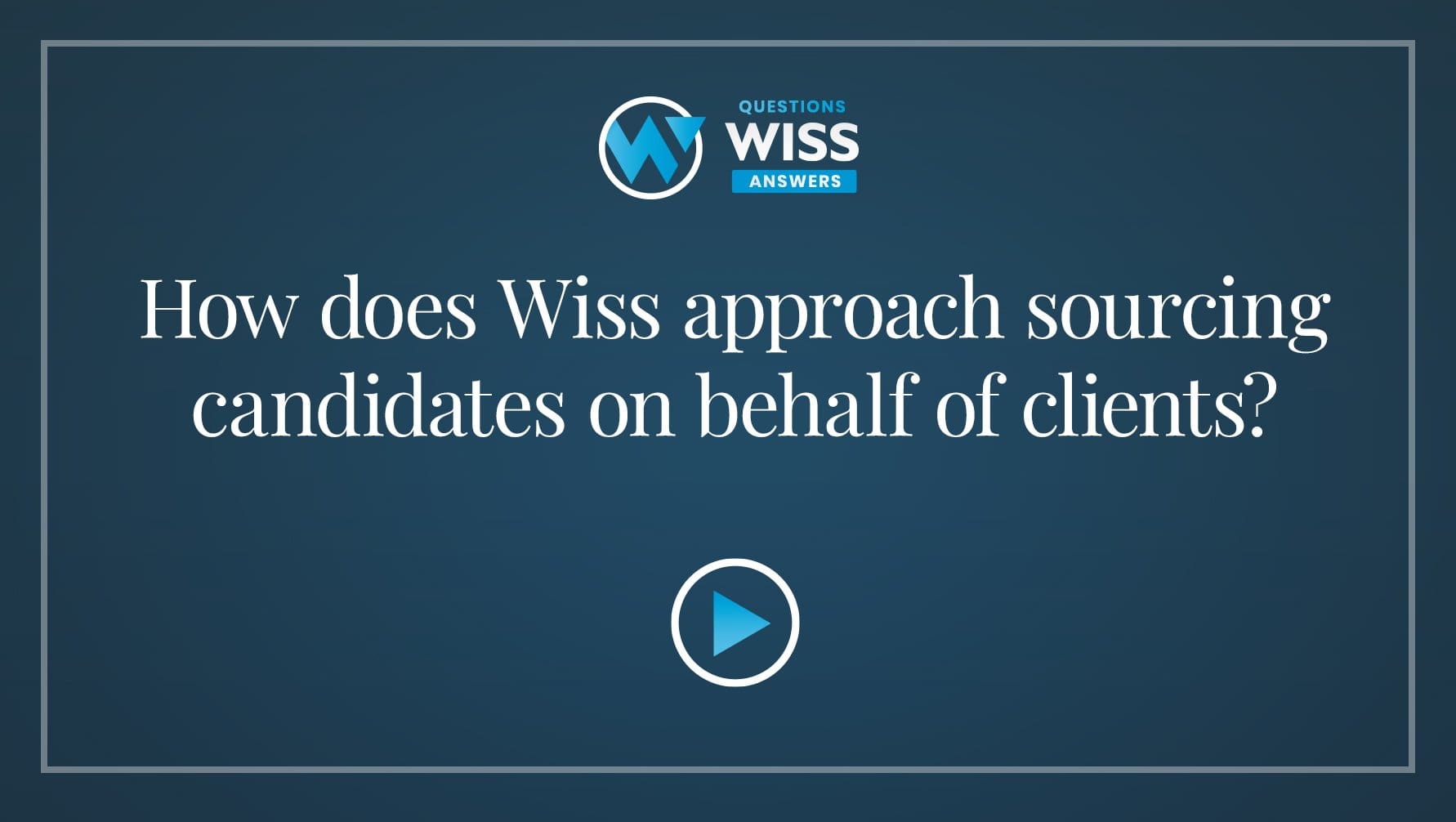On 5/13/2020, the SBA issued FAQ 46 which grants Safe Harbor status to all loans under $2MM.
Small businesses received a welcome update today via SBA FAQ 46 which states that businesses, including their affiliates, that accepted Paycheck Protection Program loans of $2 million or less, will be assumed to have performed the required certification in good faith. The PPP application requires small business owners to certify in good faith that “current economic uncertainty makes this loan request necessary to support the ongoing operations of the applicant.”
The SBA update also goes on to say that borrowers that received loans of more than $2 million may still have an adequate basis for making the required good-faith certification, based on the borrower’s financial condition and lack of access to other sources of liquidity. For those borrowers that received a loan of $2 million or more, they should follow previously issued guidance to document the business’ need for the PPP loan. Wiss put together this guide to help you prepare a comprehensive memo, with quantitative and qualitative information, supporting your decision to apply for a PPP loan.
See below for the FAQ Question and Answer issued by the SBA:

Answer:
When submitting a PPP application, all borrowers must certify in good faith that “current economic uncertainty makes this loan request necessary to support the ongoing operations of the Applicant.” SBA, in consultation with the Department of the Treasury, has determined that the following safe harbor will apply to SBA’s review of PPP loans with respect to this issue: Any borrower that, together with its affiliates received PPP loans with an original principal amount of less than $2 million will be deemed to have made the required certification concerning the necessity of the loan request in good faith. SBA has determined that this safe harbor is appropriate because borrowers with loans below this threshold are generally less likely to have had access to adequate sources of liquidity in the current economic environment than borrowers that obtained larger loans. This safe harbor will also promote economic certainty as PPP borrowers with more limited resources endeavor to retain and rehire employees. In addition, given the large volume of PPP loans, this approach will enable SBA to conserve its finite audit resources and focus its reviews on larger loans, where the compliance effort may yield higher returns. Importantly, borrowers with loans greater than $2 million that do not satisfy this safe harbor may still have an adequate basis for making the required good-faith certification, based on their individual circumstances in light of the language of the certification and SBA guidance. SBA has previously stated that all PPP loans in excess of $2 million, and other PPP loans as appropriate, will be subject to review by SBA for compliance with program requirements set forth in the PPP Interim Final Rules and in the Borrower Application Form. If SBA determines in the course of its review that a borrower lacked an adequate basis for the required certification concerning the necessity of the loan request, SBA will seek repayment of the outstanding PPP loan balance and will inform the lender that the borrower is not eligible for loan forgiveness. If the borrower repays the loan after receiving notification from SBA, SBA will not pursue administrative enforcement or referrals to other agencies based on its determination with respect to the certification concerning the necessity of the loan request. SBA’s determination concerning the certification regarding the necessity of the loan request will not affect SBA’s loan guarantee.
The SBA had previously issued FAQ’s 31 and 37.
This specifically warned business owners with access to other sources of liquidity that they may not qualify for the PPP loan program, and several high profile businesses have returned the money. Wiss previously highlighted the increased focus on borrower eligibility. The SBA has indicated borrowers with loans less than $2 million are less likely to have access to other sources of liquidity, and the safe harbor will promote economic certainty and will allow small businesses to focus on retaining and rehiring employees. Enforcement will focus on those borrowers who obtained loans greater than $2 million.
The SBA has reiterated their audit approach when it comes to PPP loans granted for more than $2 million. If the SBA makes a determination that the business was not eligible for the PPP loan, and the borrower is unable to prove the loan request was necessary due to economic uncertainty, the SBA will require the loan to be repaid, and the SBA will instruct the lender that the borrower is not eligible for loan forgiveness. If the borrower is instructed by the SBA to repay their loan, and the funds are repaid, the SBA will not pursue administrative enforcement or refer the borrower to other agencies.

 Previous
Previous






